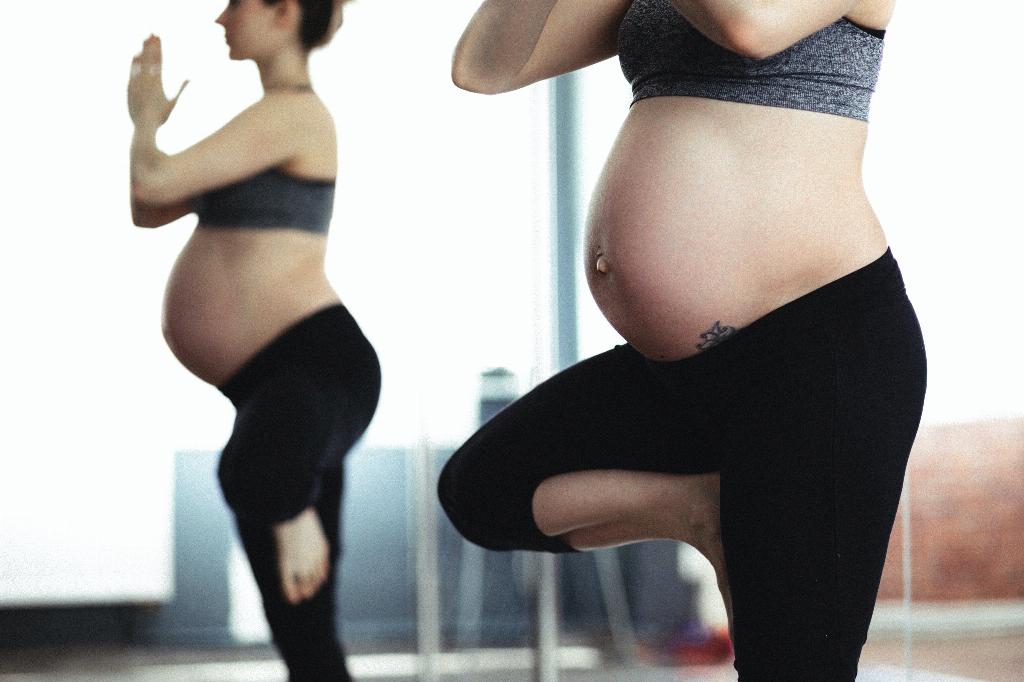As an expecting mother at 36 weeks pregnant, you may have noticed a significant increase in your sweating. This phenomenon, though perhaps uncomfortable, is entirely normal and can be attributed to various factors related to your pregnancy journey.
Hormonal Fluctuations: The Culprit Behind Your Soaring Sweat Levels
One of the primary reasons for your excessive sweating at this stage of pregnancy is the hormonal changes occurring within your body. Hormones such as estrogen and progesterone are at their peak levels during late pregnancy, affecting your body’s temperature regulation and leading to increased perspiration.
Increased Blood Volume: Pumping Up the Heat and Sweat
Another contributing factor to your profuse sweating is the significant increase in blood volume that typically occurs during pregnancy. As your body works harder to supply nutrients and oxygen to your growing baby, your blood flow increases, leading to higher body temperatures and subsequently more sweating.
Weight Gain: Carrying the Load and Breaking a Sweat
It’s no secret that weight gain is a natural part of pregnancy, and at 36 weeks, you’re likely experiencing the full impact of this. The additional weight puts extra strain on your body, making it work harder and causing you to sweat more as a means of cooling down.
Heat Regulation: Sweating as Nature’s Cooling Mechanism
Despite the discomfort it may bring, sweating plays a crucial role in helping your body regulate its temperature. When you start to feel warm, your body initiates the sweating process as a natural cooling mechanism to prevent overheating, which could pose risks to both you and your baby.
Environmental Factors: External Influences on Your Sweating Habits
While internal factors like hormones and increased blood volume play significant roles in your sweating patterns, external elements such as hot weather or a humid environment can exacerbate the situation. Be mindful of your surroundings and try to stay cool and hydrated to manage your sweat levels effectively.
Emotional Changes: Stress and Anxiety Adding to the Sweat Show
It’s essential to consider the emotional aspect of pregnancy when exploring reasons for excessive sweating. Stress, anxiety, or heightened emotions can trigger sweat production, so be mindful of your mental well-being and seek support if needed to help alleviate this effect.
Preventive Measures: Coping Strategies for Managing Sweating during Pregnancy
While sweating during pregnancy is largely unavoidable, there are some strategies you can adopt to help manage this common symptom. Staying hydrated, wearing loose, breathable clothing, and keeping your living space cool can all contribute to reducing excessive sweating.
Consulting Your Healthcare Provider: Seeking Professional Guidance for Excessive Sweating Concerns
If you find that your sweating is extremely bothersome or accompanied by other concerning symptoms, don’t hesitate to reach out to your healthcare provider for advice. They can offer personalized recommendations and ensure that there are no underlying issues contributing to your sweating.
Enjoying the Journey: Embracing the Changes Your Body Goes Through
Remember that pregnancy is a unique and transformative experience, and sweating, though inconvenient at times, is merely a small part of the incredible journey of nurturing a new life within you. Embrace the changes your body undergoes and focus on the exciting moments that lie ahead.
Conclusion: Navigating Excessive Sweating with Understanding and Grace
As you approach your 36th week of pregnancy, increased sweating may become a noticeable aspect of your daily life. By comprehending the various factors contributing to this phenomenon and implementing practical strategies for managing it, you can navigate this phase with understanding and grace, focusing on the beauty of the miraculous journey you are embarked on.

